The cold snap and falling leaves in Britain have actually been a 'false autumn'
The leaves, acorns, nuts and berries that have been falling across the country aren't just reacting to a cold snap — it's more about the stress of a hot, dry summer that are still being felt in the form of a false autumn, according to National Trust experts.
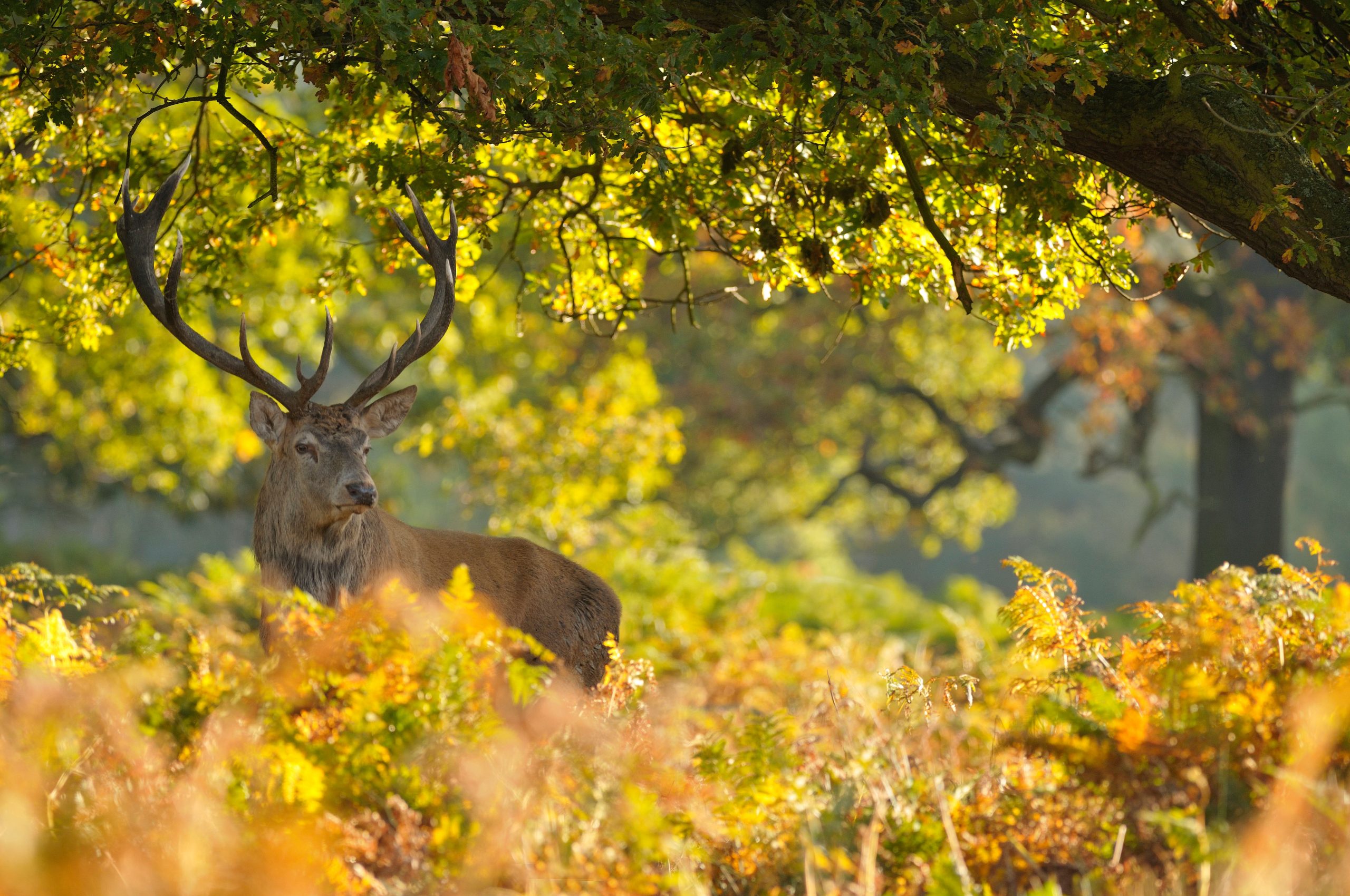

In late August and through most of September, people up and down Britain mused over one big question: how early is too early to turn on the central heating? After a blazing hot summer, the nation turned unseasonably cold extraordinarily quickly, with northerly winds sending temperatures plummeting. Large parts of the country saw temperatures fall to 2 degrees celsius, with Shap, in Cumbria, setting the monthly low at -1.7 degrees. In many places leaves began to change colour and fall, while oak trees, beech trees and others of our great trees have been shedding their nuts for weeks.
Many assumed the season had changed early, but this was a ‘false autumn’, brought about by the long summer drought and, in many cases, trees not having enough water. UK temperatures are back to normal for the time of year, and forecasters are suggesting that we might even see something of an Indian summer — but the National Trust's experts have warned that for trees and other plants, that might be too late.
Autumn colour usually only starts to show when overnight temperatures cool as days shorten. Those looking forward to rich hues in the coming weeks (and years) may be disappointed, warns the National Trust, as climate change will affect future seasons, too.
‘This year is a warning to us all of how what we’ve previously taken for granted may be at risk,’ explains Pamela Smith, the Trust’s senior national gardens and parks consultant. ‘Due to the leaf drop that has already occurred in isolated areas, this year’s autumn colour will be reduced… we may see more golden browns and yellows as a result… quite a rare display.’
‘Trees will struggle to survive consecutive summers of searingly hot temperatures and not enough rain,’ laments John Deakin, the Trust’s head of trees and woodlands.
‘The damage to their vascular system and energy reserves is cumulative and may reach crisis point, meaning we will unfortunately see more trees starting to decline and die and they’ll also be more susceptible to pests and disease.
‘It’s very likely we won’t understand the full impact of this summer’s temperatures until next spring, when the trees’ ability to burst into new life may be hampered if they didn’t manage to store enough sugars in their roots over the summer period.’
Exquisite houses, the beauty of Nature, and how to get the most from your life, straight to your inbox.
Acorns, beech masts, rowan berries and elderberries have also appeared earlier than usual in the false autumn, but this is ‘due to these trees and shrubs being under stress,’ adds Mrs Smith, and will be detrimental.
‘Rowan berries, for instance, would typically stay on the trees until Christmas, but some are already falling now — which could affect food stocks for wildlife. If acorns fall before they are viable, then natural regeneration thanks to burying by jays and squirrels may also be affected. This bountiful period and glut of food may affect our wildlife during the winter months.’
Of extra concern is the clear connection between drought and acute oak decline. ‘We’re working with others to better understand what’s happening and we already know that improving the health of the soils in which our oaks grow can help improve their vitality,’ says Mr Deakin.
‘However, we know that some species will prove more resilient to the increase in extreme weather events and pests and diseases than others. Therefore, species diversification is a part of the answer to climate impacts.’
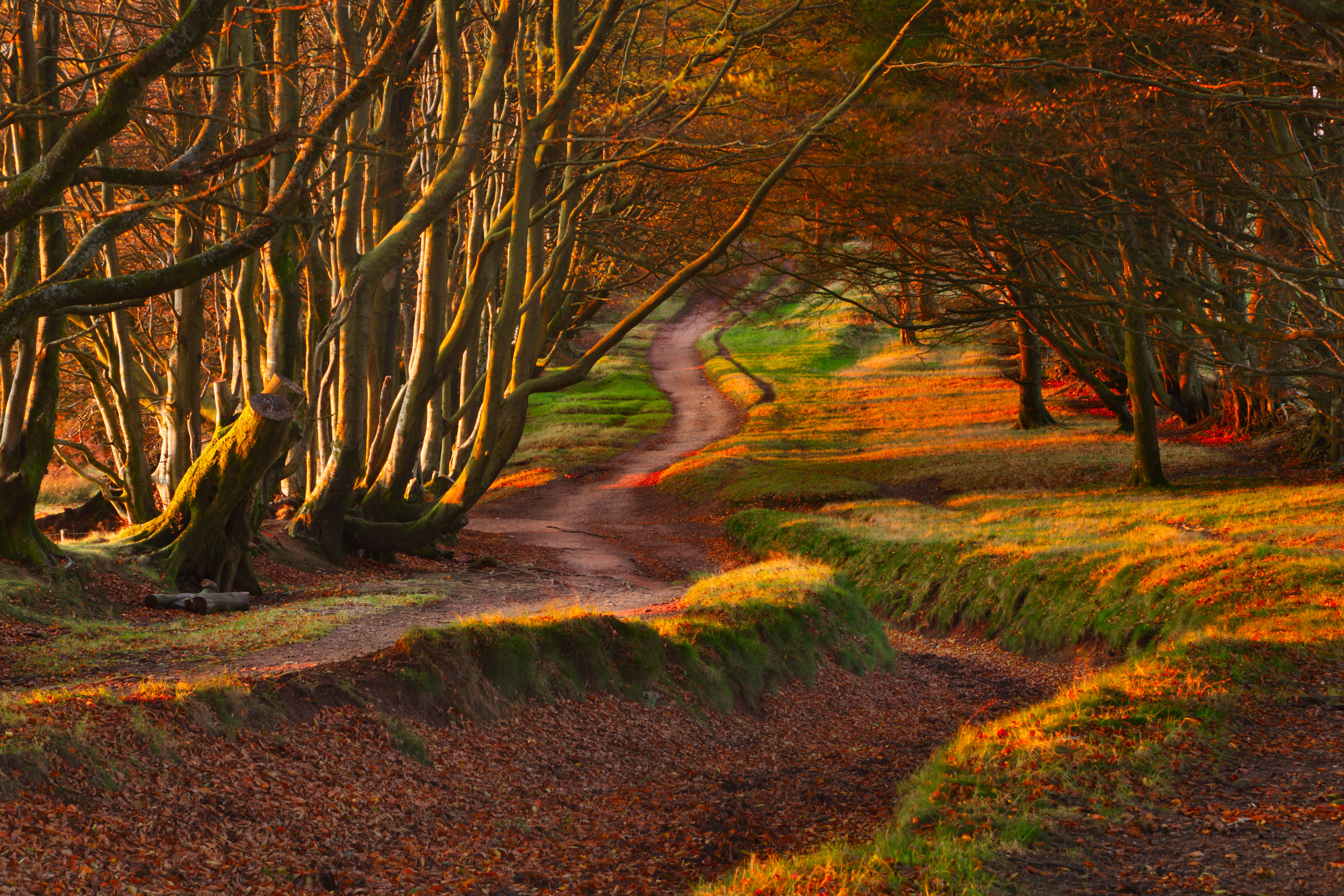
Beech trees: A complete guide
The beech tree is one of the finest sights in British woodland: effortlessly tall and graceful, offering year-round colour in
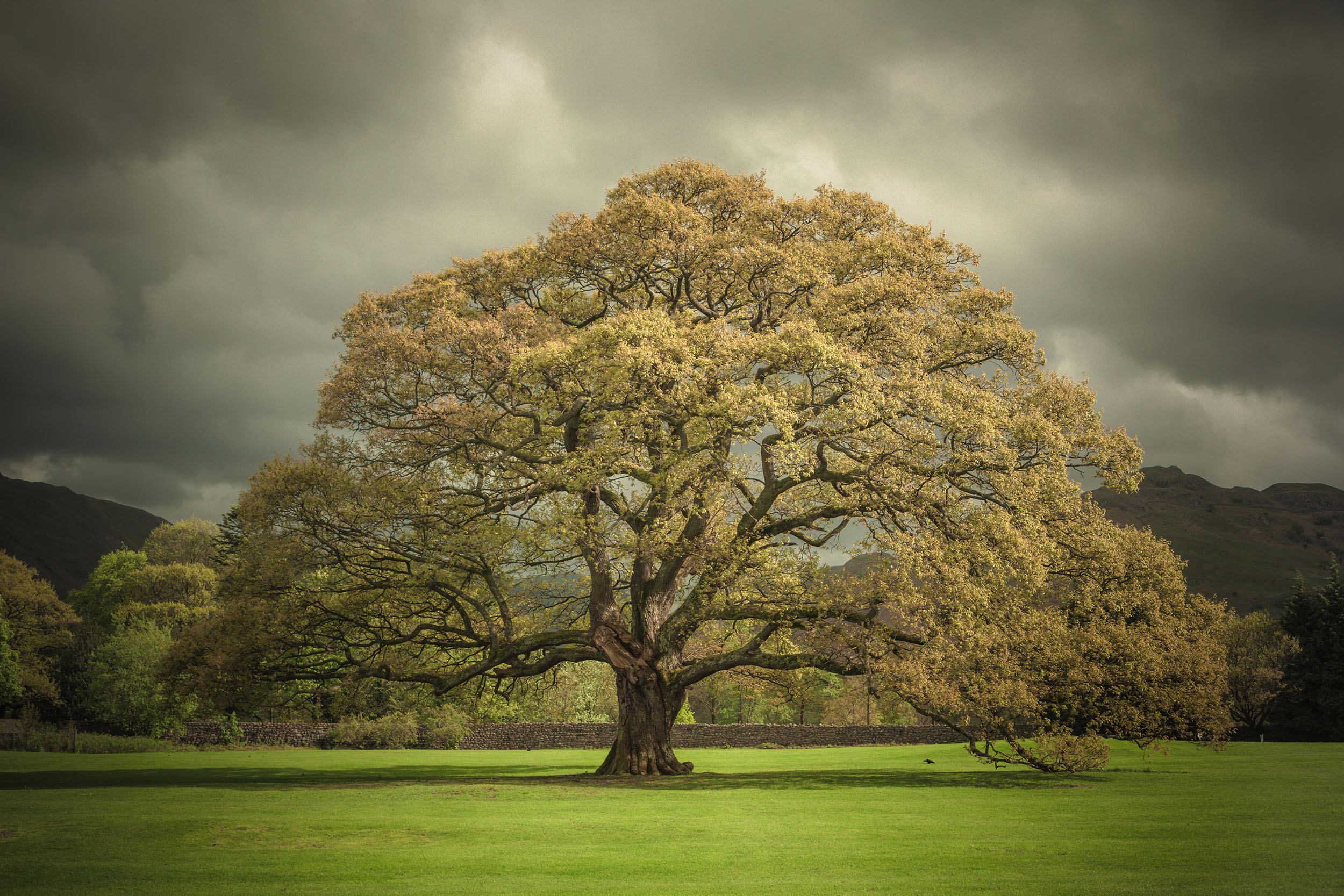
Credit: Alamy Stock Photo
Curious Questions: Why have our oak trees produced so many acorns in 2020?
It's not your imagination: there really were far more acorns on the ground than usual this autumn. Martin Fone looks
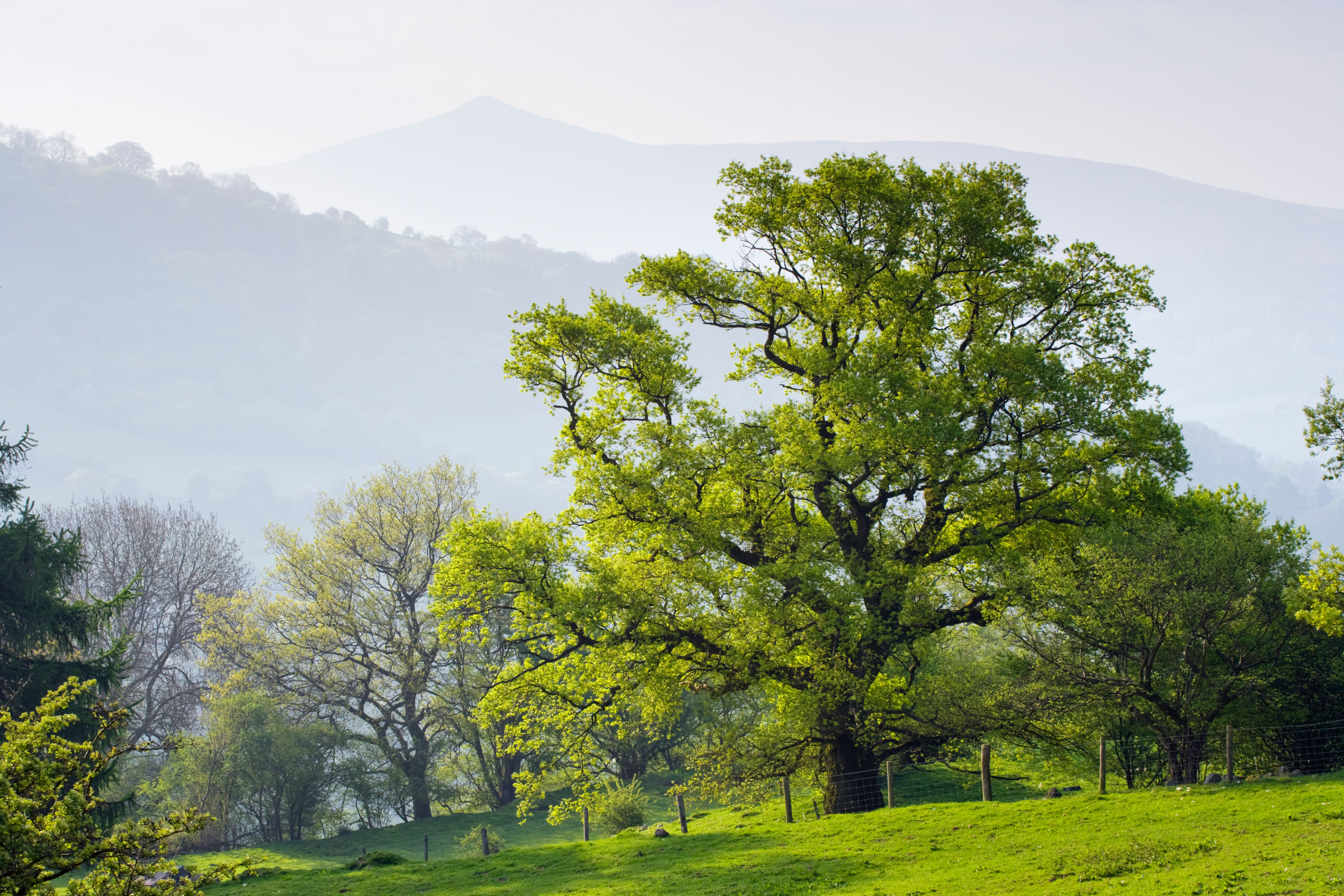
Credit: Alamy Stock Photo
Country Life Today: How an oak tree can reveal 800 years of environmental history
In today's news round-up, oak trees are used as 'a natural archive of climate information', relentless rain sparks warnings and
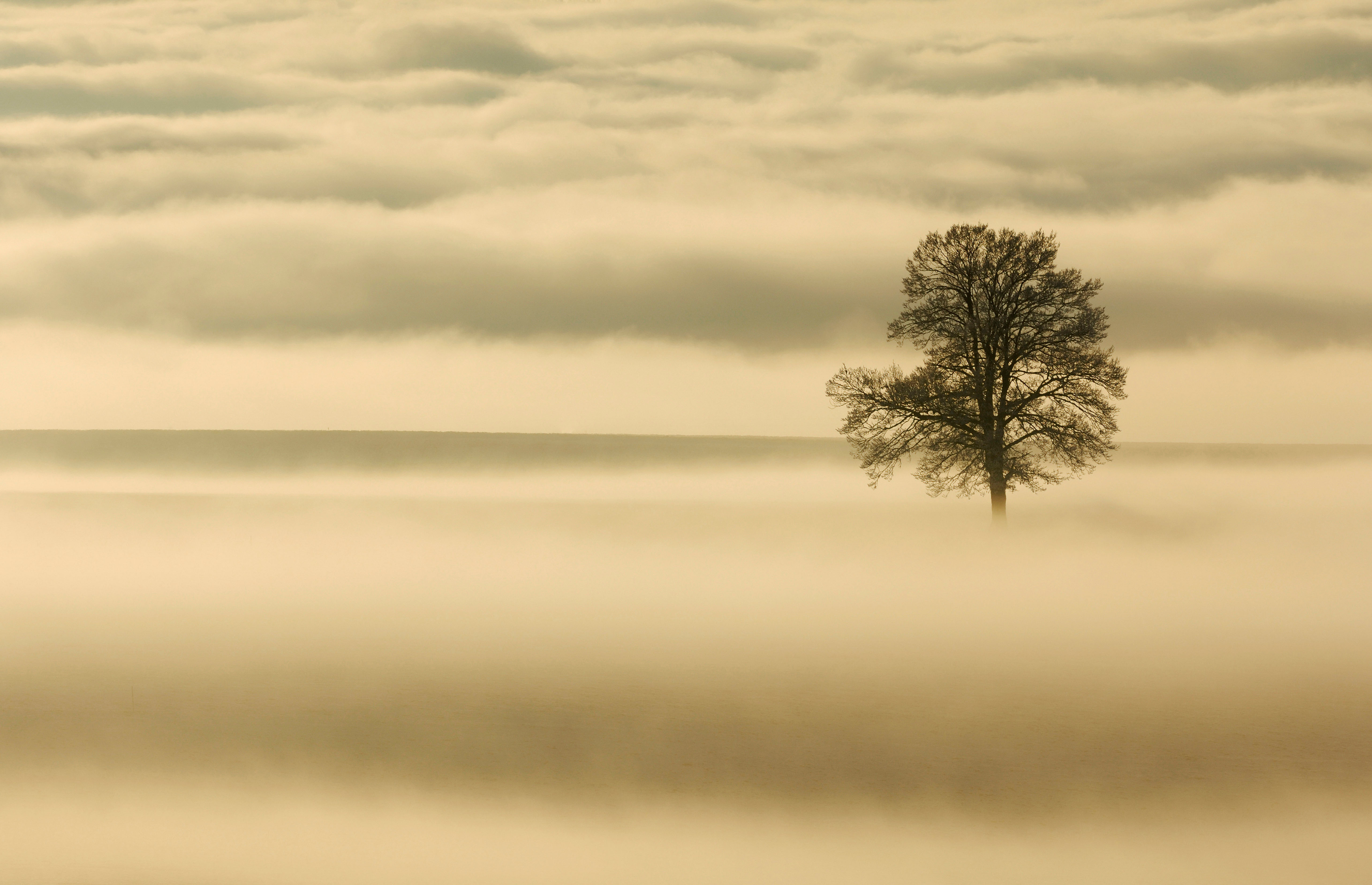
Curious Questions: Where have all the acorns gone?
Last year, oak trees shed acorns by the billion — this year, they're almost nowhere to be seen. What's behind the
Annunciata is director of contemporary art gallery TIN MAN ART and an award-winning journalist specialising in art, culture and property. Previously, she was Country Life’s News & Property Editor. Before that, she worked at The Sunday Times Travel Magazine, researched for a historical biographer and co-founded a literary, art and music festival in Oxfordshire. Lancashire-born, she lives in Hampshire with a husband, two daughters and a mischievous pug.
